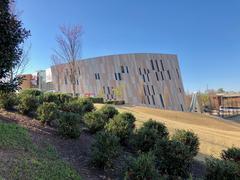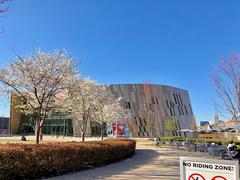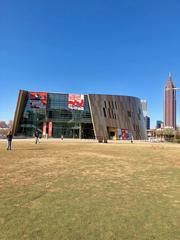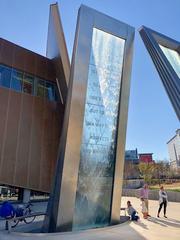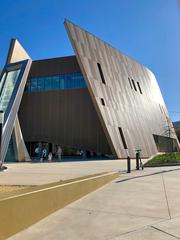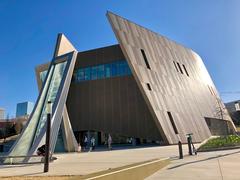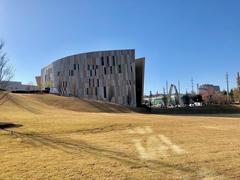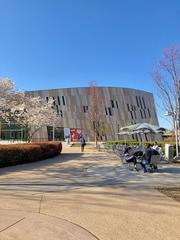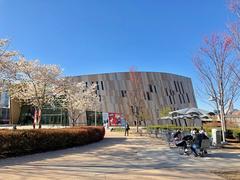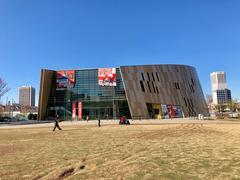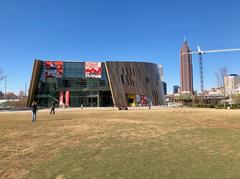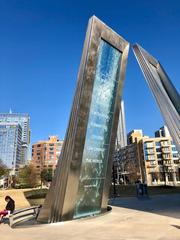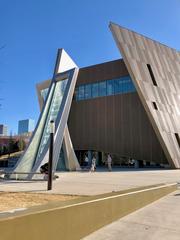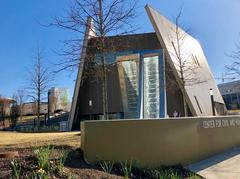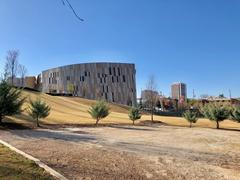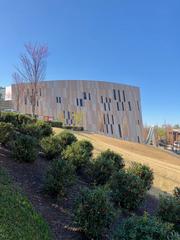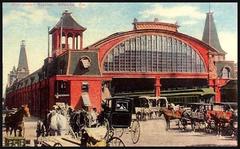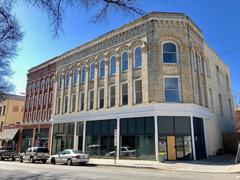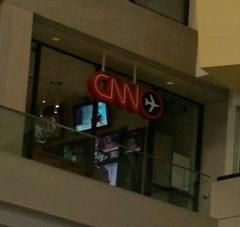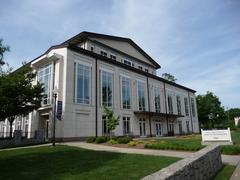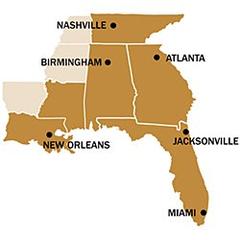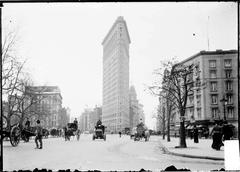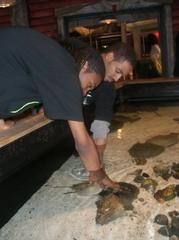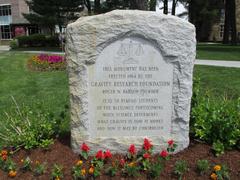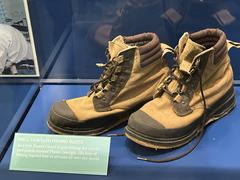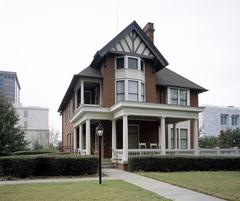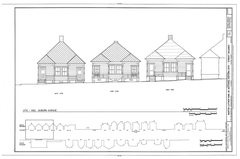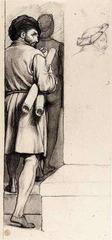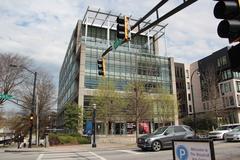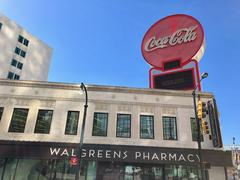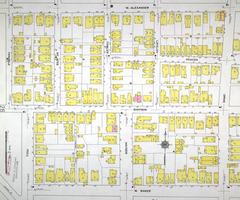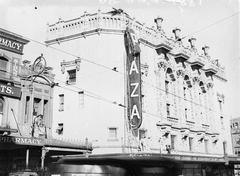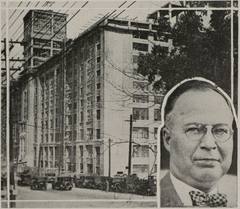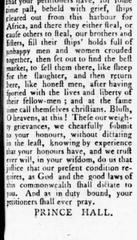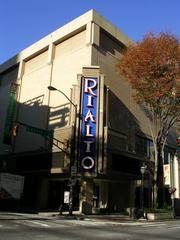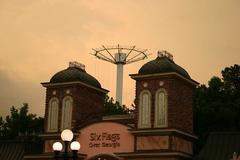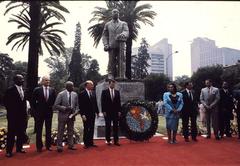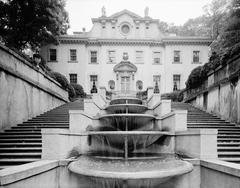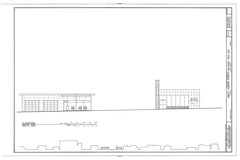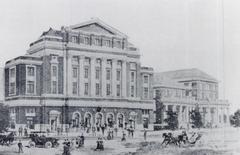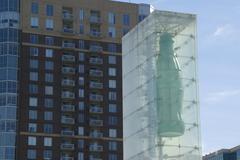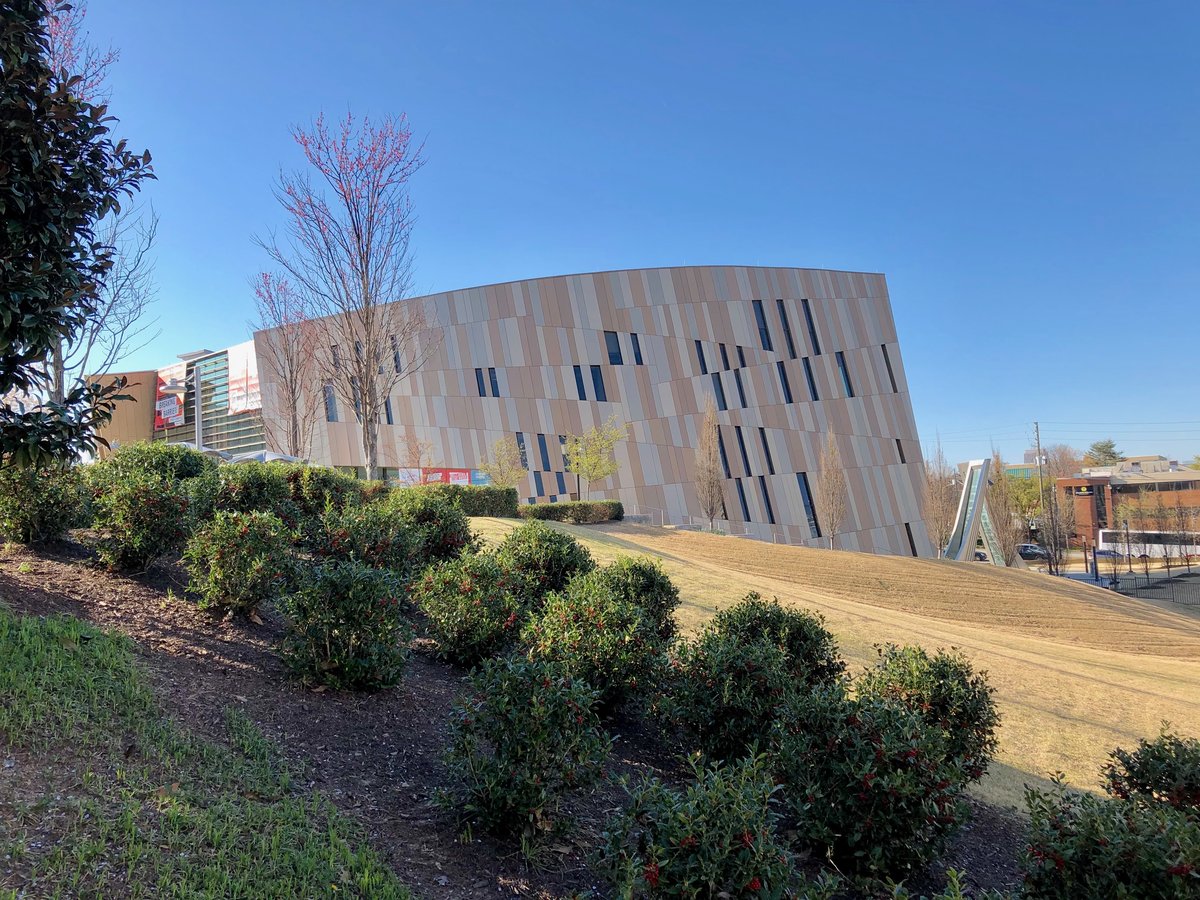
National Center For Civil And Human Rights
National Center for Civil and Human Rights Atlanta: Visiting Hours, Tickets, and Comprehensive Visitor Guide
Date: 15/06/2025
Introduction
The National Center for Civil and Human Rights (NCCHR) in Atlanta is a world-class museum and educational institution that bridges the story of the American civil rights movement with contemporary global human rights struggles. Located in downtown Atlanta, the Center provides immersive, interactive exhibitions and dynamic public programming, making it a must-visit destination for history enthusiasts, students, families, and travelers. This guide delivers detailed, up-to-date information on visiting hours, ticketing, accessibility, key exhibits, travel tips, and upcoming expansions to ensure your visit is both meaningful and memorable (thiscoupletravels.com; Discover Atlanta).
Table of Contents
- Introduction
- History and Founding Vision
- Architecture and Design
- Atlanta’s Civil Rights Significance
- Exhibitions and Collections
- Practical Visitor Information
- Visitor Experience & Amenities
- Community Engagement and Events
- Upcoming Expansion (2025)
- Digital and Virtual Resources
- FAQs
- Summary and Recommendations
- References
History and Founding Vision
Founded in 2014 through a collaboration of civil rights leaders such as Evelyn Lowery, Juanita Abernathy, Andrew Young, and John Lewis, the NCCHR was envisioned as a “living” museum. Its mission is to inspire visitors to champion justice and equality by sharing both local and global stories of civil and human rights (thiscoupletravels.com). Early initiatives included the “Freedom Mosaic” project, capturing visual and oral histories of civil rights veterans (New Georgia Encyclopedia).
Architecture and Design
The striking 42,000-square-foot building was designed by HOK and the Freelon Group. Its curving exterior walls evoke “cupped hands” holding powerful stories and have earned LEED Gold certification for sustainability (New Georgia Encyclopedia). The space fosters both reflection and engagement, setting the tone for a transformative visitor experience.
Atlanta’s Civil Rights Significance
Atlanta’s role as a hub for civil rights activism makes it an ideal home for the Center. The NCCHR is steps away from historic sites like the Martin Luther King Jr. National Historical Park, Sweet Auburn Historic District, and prominent educational institutions, allowing visitors to connect with key moments and figures in civil rights history (Discover Atlanta).
Exhibitions and Collections
Permanent Exhibits
1. Rolls Down Like Water: U.S. Civil Rights Movement
This immersive gallery traces the American civil rights journey from the Jim Crow era through 1968, featuring multimedia, artifacts, and interactive experiences (Google Arts & Culture). Highlights include:
- Lunch Counter Sit-In Simulation: Sit at a replica lunch counter and experience the audio atmosphere faced by 1960s protestors.
- Freedom Riders Bus: Step aboard a recreated bus to learn about the Freedom Riders’ courage.
- Artifacts, Photographs, and Videos: Authentic civil rights memorabilia and powerful archival footage (Paige Minds the Gap).
2. Voice to the Voiceless: Morehouse College Martin Luther King, Jr. Collection
Rotating displays of Dr. King’s personal papers, sermons, and artifacts—on loan from Morehouse College—offer a rare, intimate look at his life and philosophy. The “FRAGMENTS” installation features King’s handwritten words illuminated in metal.
3. Spark of Conviction: The Global Human Rights Movement
This gallery connects the American movement to global human rights struggles. Explore stories of contemporary activists and global issues via:
- Human Rights Defenders: Stories and portraits of worldwide advocates.
- Dictators Wall: Profiles of notorious dictators and their impact.
- Interactive Kiosks: Engage with current global justice issues (Google Arts & Culture).
Rotating and Special Exhibits
The Center frequently features special exhibitions and collaborations, such as:
- A Better Life for Their Children: Photojournalism on Rosenwald Schools’ legacy.
- Forgotten Hero: Walter White and the NAACP: Exploring unsung civil rights leaders.
- American Coup: Wilmington 1898: Panels and screenings on a pivotal historical event (Google Arts & Culture).
Practical Visitor Information
Location & Getting There
- Address: 100 Ivan Allen Jr. Blvd NW, Atlanta, GA 30313 (official website)
- By Car: Parking available at the World of Coca-Cola deck and Georgia Aquarium deck (fees apply).
- By Transit: MARTA (GWCC/CNN Center Station) is the nearest rail stop.
- On Foot: Walkable to major downtown attractions including Centennial Olympic Park and the World of Coca-Cola.
Visiting Hours
- Tuesday–Friday & Sunday: 12:00 p.m. – 5:00 p.m.
- Saturday: 10:00 a.m. – 5:00 p.m.
- Monday: Closed
- Last entry: 4:00 p.m. daily
- Holidays: Closed Thanksgiving, Christmas, New Year’s Day. Always check the official website for updates.
Ticket Prices
- Adults: $19.99
- Youth: $15.99
- Seniors (65+): $17.99
- Students with ID: $15.99
- Children under 6: Free
- Group & CityPass discounts: Available (CityPASS)
- Purchase: Online or at the box office; tickets are non-refundable.
Accessibility
- Fully wheelchair accessible (ramps, elevators, restrooms).
- Assistive listening devices available.
- Service animals welcome.
- Strollers permitted; front-facing carriers advised during busy times.
- No storage for personal belongings—keep items with you.
Parking & Nearby Attractions
- Parking: World of Coca-Cola deck or Georgia Aquarium deck ($17 per vehicle).
- Nearby: Centennial Olympic Park, Georgia Aquarium, World of Coca-Cola, CNN Center, Martin Luther King Jr. National Historical Park.
Visitor Experience & Amenities
- Recommended Visit: Allow at least 90 minutes; last entry is at 4:00 p.m.
- Best Times: Weekday late afternoons are quieter; August is typically the least crowded month.
- Photography: Allowed except in the MLK gallery; no flash.
- Food: Only permitted in the atrium; no food or drinks in galleries. Gift shop offers snacks and souvenirs.
- Restrooms: Fully accessible.
Community Engagement and Events
The Center hosts frequent lectures, forums, and celebrations, including the Universal Declaration of Human Rights Day, Black History Month programs, and LGBTQ+ events. Special events such as the Brave Space Forum and AIDS Walk Atlanta highlight ongoing activism (Civil and Human Rights Events; Access Atlanta).
Upcoming Expansion (2025)
A major expansion scheduled for Fall 2025 will add 24,000 square feet of gallery and program space (Center Expansion; Urbanize Atlanta). Features will include:
- Arthur M. Blank Inspiration Hall with a café and Family Gallery.
- Reconstruction Era Gallery with “Without Sanctuary” lynching artifacts.
- Special Exhibitions Gallery for rotating displays.
- Shirley Clarke Franklin Pavilion for classrooms and events (Blank Foundation).
Digital and Virtual Resources
- Virtual Tour: Explore the Center with a 360-degree interactive tour.
- Online Exhibits: Access digital collections via Google Arts & Culture.
- Educational Tools: Lesson plans and materials for teachers and students.
Frequently Asked Questions (FAQ)
What are the Center’s visiting hours?
Tuesday–Friday & Sunday: 12–5 p.m.; Saturday: 10 a.m.–5 p.m.; Monday closed.
How do I purchase tickets?
Buy online through the official website or at the museum entrance.
Is the Center wheelchair accessible?
Yes, with ramps, elevators, and assistive devices available.
Where can I park?
World of Coca-Cola and Georgia Aquarium decks are nearby.
Are guided tours available?
Group tours can be arranged; check the website for details.
Are virtual tours and online exhibits available?
Yes, explore at Google Arts & Culture.
Summary and Recommendations
The National Center for Civil and Human Rights is a vital Atlanta institution honoring the legacy of the civil rights movement and illuminating present-day human rights challenges. Its immersive exhibits—including the “Rolls Down Like Water” and “Spark of Conviction” galleries—make it a deeply engaging educational destination (New Georgia Encyclopedia; Perkins&Will). Situated near other major landmarks, the Center is easily accessible and welcomes visitors of all backgrounds. Its upcoming expansion will further elevate its offerings and community impact (Center Expansion; Urbanize Atlanta).
Tips for a Meaningful Visit:
- Arrive early and allow ample time for immersive exhibits.
- Reserve tickets in advance, especially during peak seasons.
- Explore digital resources if you cannot visit in person.
- Check for special events and rotating exhibitions to enhance your experience.
For updates, events, and digital content, download the Audiala app and follow the Center’s social media channels.
References and Further Reading
- Review of the National Center for Civil and Human Rights – This Couple Travels
- Timeless Lessons at the National Center for Civil and Human Rights – CityPASS
- Google Arts & Culture: National Center for Civil and Human Rights
- Your Insider’s Guide to the Atlanta Center for Civil and Human Rights – Access Atlanta
- National Center for Civil and Human Rights – New Georgia Encyclopedia
- Center Expansion – NCCHR Official
- Expansion of National Center for Civil and Human Rights Museum – Urbanize Atlanta
- Perkins&Will Project – NCCHR
